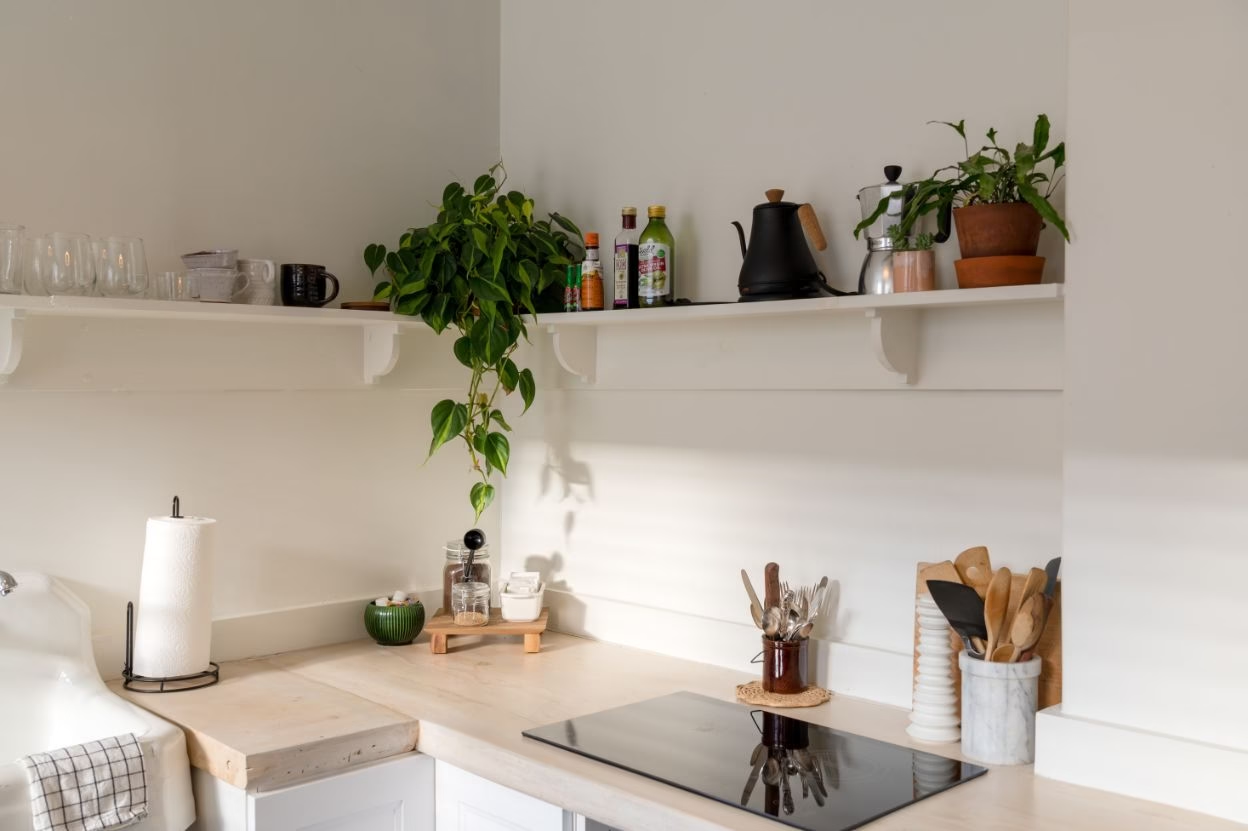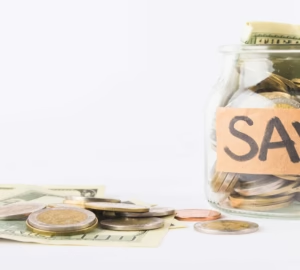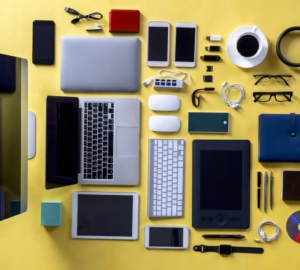I’ve always considered myself a pretty conscious person, but for years, I didn’t pay much attention to my food waste. Like many Nairobians, my routine was simple: a big shopping trip to the supermarket or the local soko (market) on Saturday, filling my fridge with fresh produce, and then watching a surprising amount of it go bad by the following Friday. Soft tomatoes, wilted spinach, and forgotten leftovers at the back of the fridge were a weekly occurrence. It wasn’t until I started thinking about the cost—both to my wallet and the environment—that I decided to make a change.
My journey to reducing food waste in Nairobi has been a process of small, deliberate shifts, and I want to share what I’ve learned with you. It’s not just about being “green”; it’s about being smart with our resources and appreciating the food we have.
Phase 1: Smarter Shopping and Storage (The Prevention Stage)
I quickly realized that the best way to reduce food waste is to prevent it from happening in the first place. This meant a complete overhaul of my shopping and storage habits.
- Plan My Meals: Before I even leave the house, I now take five minutes to plan my meals for the week. I list everything I need, and I stick to it. This simple habit has prevented me from buying a whole bunch of parsley only to use a single sprig and watch the rest spoil.
- Shop with a Purpose: I started shopping at our local soko with a list. At the soko, I can buy the exact quantity of vegetables I need, instead of being forced to buy pre-packaged portions that are often too large for me. This has been a game-changer for my budget and my bin.
- Learn Proper Storage Techniques: I’ve discovered that how you store food matters immensely.
- I now store my leafy greens (like sukuma wiki and spinach) by wrapping them in a damp paper towel before placing them in an airtight container or a plastic bag in the fridge. They stay fresh for so much longer this way!
- Herbs go into a glass of water, like a bouquet of flowers, and get covered with a plastic bag.
- I keep my tomatoes out of the fridge and store them at room temperature to preserve their flavor and texture.
- For things like onions and potatoes, I store them in a cool, dark, well-ventilated space, and I never store them together, as they can cause each other to spoil faster.
Phase 2: Creative Cooking (The Rescue Stage)
Even with the best intentions, I sometimes end up with food that’s on the verge of spoiling. Instead of tossing it, I’ve found creative ways to use it.
- Embrace the “Use It Up” Meal: Once a week, I dedicate a meal to using up all the odds and ends in my fridge. A handful of limp carrots, some leftover chicken, and a lonely onion can all be transformed into a delicious soup, a stir-fry, or a savory omelette.
- Freeze It! My freezer has become my best friend.
- Overripe bananas? I peel and freeze them for future smoothies or banana bread.
- Extra ginger, chili, or garlic? I chop them up and freeze them in an ice cube tray with a bit of oil for quick additions to my cooking.
- I now freeze my leftover sukuma wiki and other greens after blanching them, so they’re ready to go for a quick meal.
- Repurpose Leftovers: Instead of eating the exact same meal twice, I’ve learned to give leftovers a new life. Yesterday’s pilau can be turned into pilau balls. Leftover stew can become the filling for a samosa or a sandwich.
Phase 3: Giving Back and Composting (The Final Stage)
Even after all my efforts, there is still some unavoidable waste—things like vegetable peels and eggshells. Instead of sending them to the landfill, I’ve explored more responsible options.
- Composting: I started my own small composting bin in my backyard. It’s surprisingly simple! I layer my kitchen scraps (sukuma wiki stems, eggshells, fruit peels) with brown materials like dry leaves and cardboard. Not only does this divert waste from the overflowing Dandora dumpsite, but it also creates rich, nutrient-dense soil for my small kitchen garden.1 It’s a truly rewarding cycle.
- Supporting Food Banking Initiatives: I’ve also learned about organizations like Food Banking Kenya, which work to rescue surplus food from farms and retailers and redistribute it to those in need.2 I’m now a huge supporter of these initiatives because it’s a powerful way to turn potential waste into nourishment for vulnerable communities.
- Exploring Food Sharing Apps: While not as common in Nairobi yet as they are globally, I’m keeping my eye out for local versions of apps like Olio or Too Good To Go. The idea of rescuing discounted surplus food from restaurants and cafes at the end of the day is brilliant and a great way for us to save money while preventing waste.
My journey to reducing food waste has been about more than just saving money. It’s about respecting the effort that went into growing my food, minimizing my impact on our environment, and connecting with a community of people who care. By making a few small, consistent changes, I’ve found that my bin is lighter, my fridge is cleaner, and my conscience is clearer. I hope my experience can inspire you to start your own zero-waste journey right here in Nairobi.










1 Comment